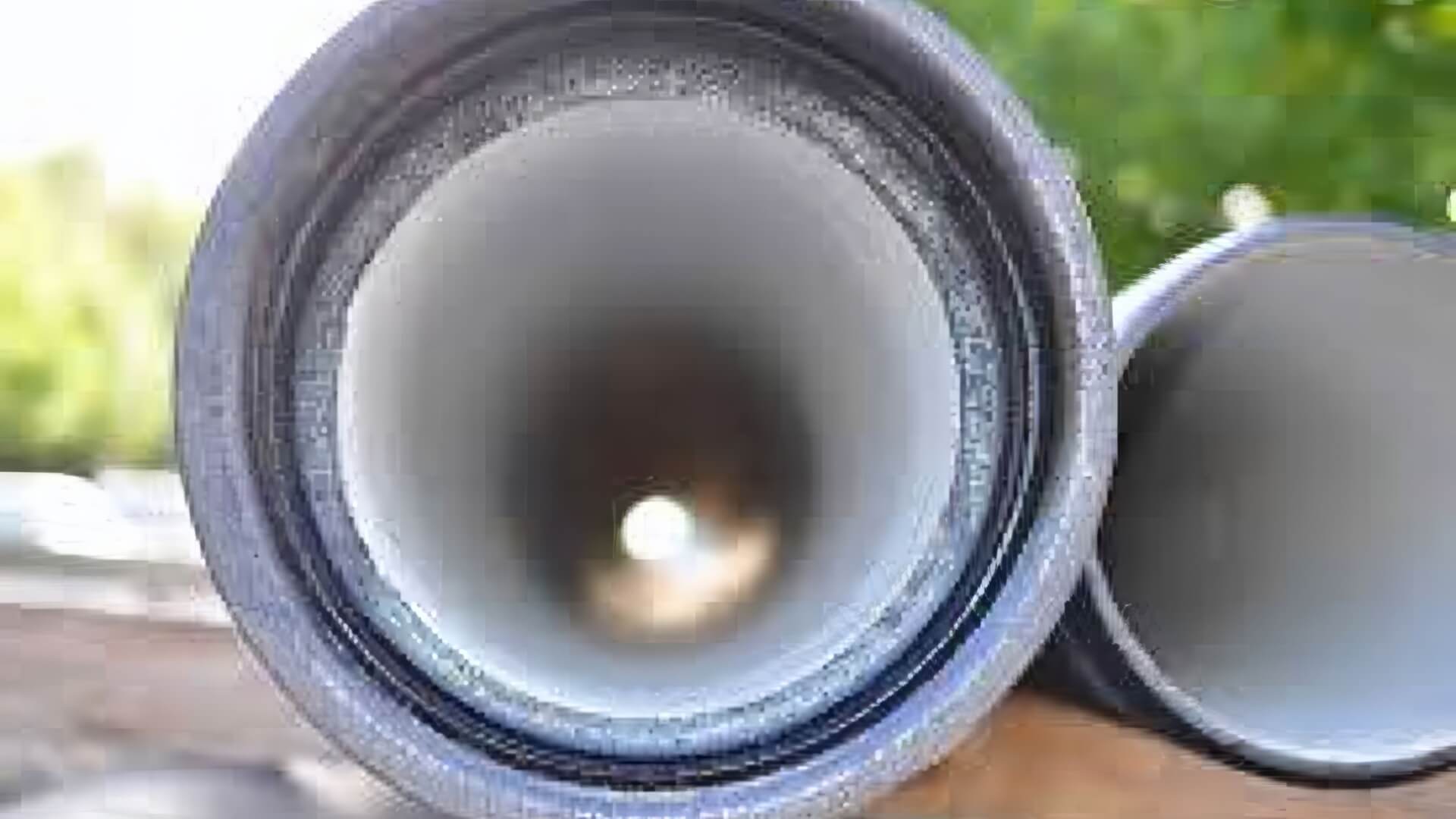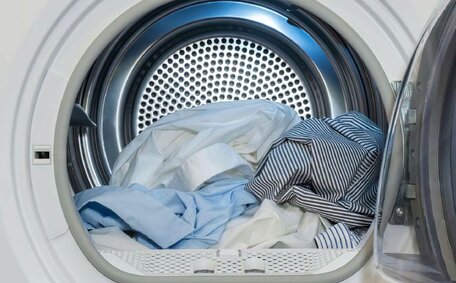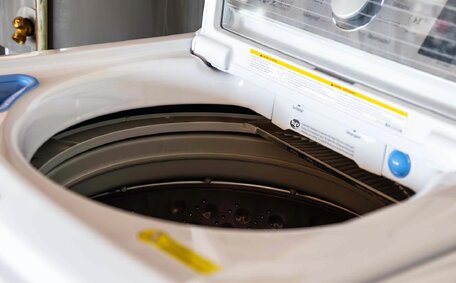Understanding landlords’ legal obligations for gas safety
Australian landlords have legal obligations for gas safety under the Gas and Electricity (Consumer Safety) Act 2017. This obliges landlords to maintain a positive safety record by ensuring all gas installations, appliances, and fittings at the rental property are not only safe to use but also adhere to the most rigorous standards of integrity and safety. Qualified gas fitters, both licensed and registered, must carry out any gas installation or maintenance work with precision and meticulous attention to detail.
Regulations require that professionals maintain gas systems to prevent hazards like gas leaks and carbon monoxide poisoning. As a landlord, you must ensure to fulfil your gas safety duties, as failure comply could lead to substantial fines or even imprisonment if found to be negligent.
In New South Wales, landlords must schedule maintenance for gas equipment, which includes an annual gas safety check by a licenced professional on all fixed gas appliances such as heaters, stoves, and essential hot water systems. Landlords must provide a copy of the safety check record to prospective tenants at least seven days before their move-in date.
Victorian rental providers must guarantee a gas safety inspection is conducted by a registered engineer once every two years, confidently securing a compliance certificate. They must give copy of the most recent certificate to tenants within a certain timeframe after a request.
Regular servicing and inspections are vital to ensure gas appliances are safe and compliant, preventing property damage and avoiding repair costs.
Conducting regular gas appliance safety checks
Landlords must organise regular maintenance of gas appliances, particularly heaters and fittings, to ensure tenant safety. Systems should be rigorously examined and tests should be carried out before new rental tenants take residence, adhering to an annual schedule in NSW or biennially in Victoria.
These examinations and safety checks outlined in the tenancy agreement can involve a licenced professional scrutinising apparatuses like heaters, stoves, and essential hot water systems. They will test for gas leaks, check functionality, and ensure all appliances are in excellent condition for safe use. The technician further inspects the type of natural gas utilised, ensures systems are in working order, examines the gas meter flow, and diligently searches for risks such as flawed installations, obstructed vents, or carbon monoxide accumulation.
Conducting a thorough, preventive safety inspection of gas systems by a safe registered engineer ensures your landlord gas safety obligations are met, offering potent protection for tenants when comes to potential gas-related incidents. It gives landlords peace mind that their rental property gas systems meet all legal safety standards. Rectifying any issues promptly also minimises property damage and reduces the need for extensive repairs maintenance, thus circumventing compliance issues in the future.
Using licensed gas fitters for installations and repairs
It is crucial for landlords to hire only licensed gas fitters for installation, service, or repair work in rental properties.
These tradespeople are accredited as gas safe registered engineer, having completed exhaustive training and evaluations to maintain your gas appliances safe and compliant. They have specialised expertise in areas like appliance installation, leak detection, appropriate ventilation, and detailed appliance servicing.
Landlords must not use unlicensed individuals for gas appliance services or installations, as it endangers tenants. It could lead to faulty work that causes gas leaks, fires or even loss of life from carbon monoxide poisoning.
Using licensed professionals ensures compliance with state safety laws and adherence to quality standards. Their certification gives assurance that correct methods, quality materials and safety standards are met.
When it comes to achieving compliance, by enlisting registered tradespeople, rental providers safeguard against substantial penalties for any lapses. It also limits property damage from poor servicing. Essentially, it provides tenants with safety and landlords with peace of mind that systems are safe.
Responding to gas leaks and emergencies
If tenants smell gas or suspect a leak, how can they ensure safety? They should immediately open windows to ventilate the area and avoid using any gas or electronic devices that could ignite a spark. The gas supply valve should be shut off immediately, followed by contacting your landlord and emergency services if there was no immediate danger.
Licenced gas fitters are the exclusive experts qualified to conduct repairs on any gas appliance and rectify leaks in your home. Landlords should inform tenants to evacuate immediately if they smell gas and provide emergency contact details. Trying to fix it yourself without proper training could make the situation much more hazardous.
It is imperative there are no delays when your landlord gas emergency plans are enacted swiftly in the case of any gas safety issues. Keeping tenants informed ensures they can respond properly if any leak or emergency occurs on the property to prevent harm.
Educating tenants on gas safety
Landlords need to instruct tenants on using gas appliances correctly and the steps to follow if a gas leak is suspected. Landlords should also inform tenants of their rights and responsibilities around gas safety as outlined in residential tenancies laws.
Tenants should familiarise themselves with the proper operation of gas appliances like heaters, ensuring both hot cold water availability, and stoves. Things to cover include lighting pilot lights correctly for the water system, keeping vents clear to prevent blocking out gas flow, and recognising faults or issues.
Under the residential tenancy legislation, landlords must follow consumer affairs guidelines and provide written information on identifying gas leaks through smells or sounds and the appropriate steps to take. This includes airing out the property if it has been closed for more than 12 months, turning off the gas at the mains and contacting emergency services on 131 909.
Equipping tenants with gas safety knowledge ensures they can manage hot cold climate appliances id card and respond properly in any emergency situation. It also helps create a responsible tenant-landlord relationship focused on maintaining a safe rental property in line with regulations.
The Necessity of Up-to-Date Gas Safety Records
It is a legal obligation for landlords to maintain up-to-date records of all gas safety checks performed on every house apartment in their rental portfolio in Australia. This critical landlord gas safety record serves as undeniable proof of compliance with gas safety laws and demonstrates a commitment to tenant safety.
As stipulated under section of regulations, tenants who will use gas amenities are to be provided with copies of the current gas safety certificates or inspection records before they take possession of the property. There are also rules around keeping tenants updated with new certificates after inspections or maintenance work.
In Victoria, it’s particularly important for landlords to maintain a gas safety record, which must be shared with sitting tenants who can ask within 28 days of a request. The landlord must provide new tenants with a copy prior to moving in.
When it comes to compliance, preserving thorough and accurate landlord gas safety documentation is paramount at the end tenancy. It also ensures evidence is available in the case of disputes over property condition. Prompt certificate sharing gives tenants assurance that their health safety and wellbeing are being prioritised.
Maintaining detailed, easily accessible records minimises risks for landlords around noncompliance. It also helps guarantee a responsible relationship with the property manager built on trust with tenants focused on safety. Keeping properties gas safe relies on diligent and transparent record keeping valid for rental guarantee periods.
Upgrading gas appliances and fittings
Landlords should periodically update or replace outdated gas appliances and fittings. Advances in technology mean that newer models, including gas heaters, are often more energy-efficient, saving on utility bills. They also tend to have improved safety mechanisms and features, which you can learn more about by consulting with professionals.
Upgrading to contemporary systems that efficiently manage gas water heating and ensure consistent cold water supply, along with stove functions, helps mitigate risks as older models degrade over time. Damaged or faulty appliances endanger tenant safety through potential gas leaks, carbon monoxide poisoning or fires.
Landlords investing in newer gas fitting enhancements need make sure they are in a reasonable state to boost rental property appeal and value. Tenants who would like modern conveniences often prefer updated, functional appliances and may be willing to pay higher rent for a well-maintained, safe property.
Staying abreast of the latest gas appliance advancements ensures there no compromise on the standard of living provided by landlords. Ensuring all fittings meet or exceed legal safety and efficiency standards should be an essential aspect of responsible rental property ownership.
Avoiding penalties for non-compliance
Not fulfilling the legal requirement of gas safety obligations can result in serious legal consequences where landlords must pay significant penalties.
Landlords should be aware of the consequences of non-compliance with Australian regulations, which can result in fines or licence cancellations.
To avoid penalties, you’ll need to consistently arrange annual gas safety checks, enlist licenced tradespeople, and maintain thorough records, comparable to a condition report. Ensuring appliances are well-kept and tenants are well-informed on safety also showcases a diligence in line with NSW Fair Trading regulations.
Taking a proactive approach ensures full compliance with all gas regulations. It also prevents property damage, enhances rental appeal and reassures tenants their wellbeing is the priority.
The Importance of Carbon Monoxide Detectors
Carbon monoxide levels should be checked, making it highly recommended to install detectors in rental properties as an extra preventative measure, particularly for landlords in Victoria where the risks of carbon monoxide are increasingly recognised.
Carbon monoxide is a hazardous gas that can accumulate from malfunctioning appliances, risking poisoning. Strategically placing detectors in the main living area near bedrooms enables a vigilant alarm system if toxic levels are detected, allowing for a swift response.
Detectors do more than detect CO; they alert residents before dangerous levels are reached. These devices can be installed respecting the creative commons of home design and safety principles, in accordance with the manufacturer’s guidelines, typically on the wall or ceiling.
Observing carbon monoxide detectors, installed in main living areas, permits early identification of issues with appliances. It offers tenants reassurance of their safety, just as any other precautionary measure would. As an inexpensive addition, detectors complement annual inspections in keeping properties gas safe.






